Super cup
A super cup is a competition, usually but not exclusively in association football, which often forms the 'curtain raiser' to a season, and typically involves only two teams who have qualified through success in other competitions during the previous season.
It is typically contested on a national level by two competition winners of the previous season: the national knock-out cup winner and the highest level league champion. There are also continental super cups, like the UEFA Super Cup in football, which puts together winners of the top and second-tier UEFA competitions and the Recopa Sudamericana between CONMEBOL Libertadores and the Sudamericana winners, and cross-border super cups between champions of neighbouring leagues, such as the Campeones Cup between the winners of the highest level leagues in the United States and Mexico, and the Champions Cup for the champions of both Northern Ireland and the Republic of Ireland.
The now-defunct Intercontinental Cup was a super cup played between the continental champions of Europe and South America, with winners retroactively recognised by world governing body FIFA as World Champions prior to the creation of the official FIFA Club World Cup and the CONMEBOL-UEFA Cup of Champions between the winners of the European Football Championship and the Copa América which rebranded once again in 2022 after the 29-year hiatus.
Sometimes these are two-legged ties, with a match played at each side's stadium, but increasingly they are one-off fixtures at a neutral venue, such as a national stadium. Some Super Cups have even been staged in venues outside their home country, such as the Italian, French, Spanish, Turkish, Mexican, and Egyptian games and increasingly function as publicity events for that league in the global market.
If the league champions are also the national cup winners, they may play a selected XI team, or more commonly the runners-up from one of the competitions, typically from the league.
The Finalissima between the national team continental champions of UEFA and CONMEBOL, also known as the CONMEBOL-UEFA Cup of Champions, is a rare example of a 'super cup' between national sides.
Football
National super cups

The following nations have an active super cup competition:
AFC
 Bahraini Super Cup
Bahraini Super Cup Brunei Super Cup
Brunei Super Cup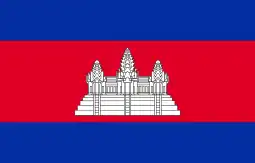 CNCC Charity Cup
CNCC Charity Cup Chinese FA Super Cup
Chinese FA Super Cup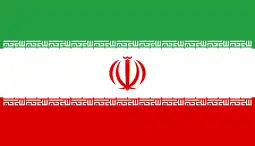 Iranian Super Cup
Iranian Super Cup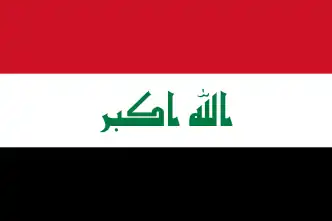 Iraqi Super Cup
Iraqi Super Cup Japanese Super Cup
Japanese Super Cup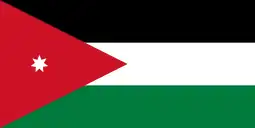 Jordan Super Cup
Jordan Super Cup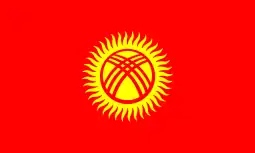 Kyrgyzstan Super Cup
Kyrgyzstan Super Cup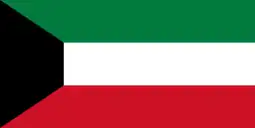 Kuwait Super Cup
Kuwait Super Cup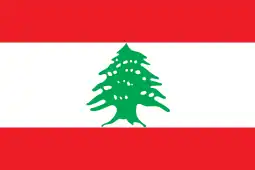 Lebanese Super Cup
Lebanese Super Cup Sultan Haji Ahmad Shah Cup
Sultan Haji Ahmad Shah Cup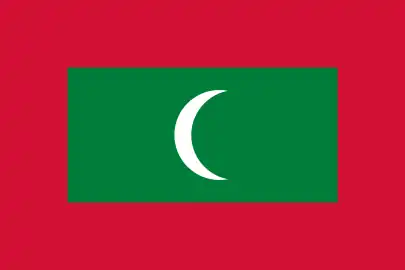 Maldivian FA Charity Shield
Maldivian FA Charity Shield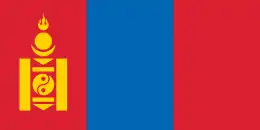 Mongolia Super Cup
Mongolia Super Cup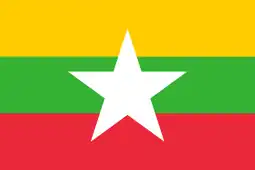 MFF Charity Cup
MFF Charity Cup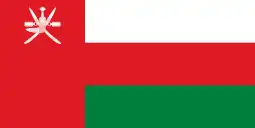 Oman Super Cup
Oman Super Cup Gaza Strip Super Cup, West Bank Super Cup
Gaza Strip Super Cup, West Bank Super Cup Qatari Sheikh Jassim Cup, Qatar Cup
Qatari Sheikh Jassim Cup, Qatar Cup Saudi Super Cup
Saudi Super Cup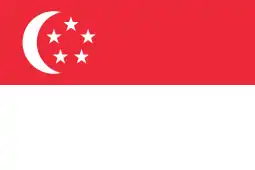 Singapore Charity Shield
Singapore Charity Shield Syrian Super Cup
Syrian Super Cup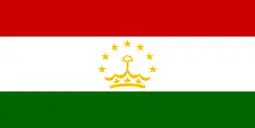 Tajik Supercup
Tajik Supercup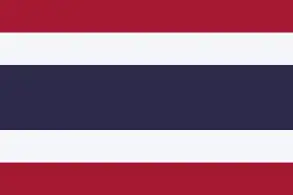 Thailand Champions Cup
Thailand Champions Cup LFA Super Taça
LFA Super Taça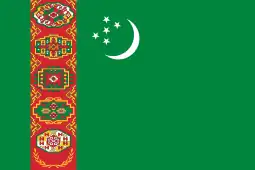 Turkmenistan Super Cup
Turkmenistan Super Cup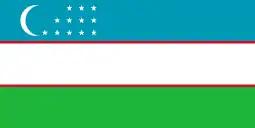 Uzbekistan Super Cup
Uzbekistan Super Cup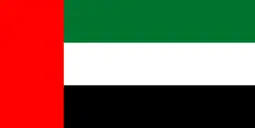 UAE Super Cup
UAE Super Cup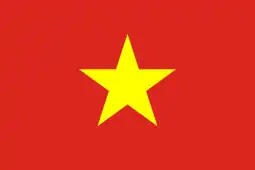 Vietnamese Super Cup
Vietnamese Super Cup Yemeni Super Cup
Yemeni Super Cup
CAF
CONCACAF
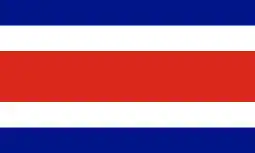 Supercopa de Costa Rica
Supercopa de Costa Rica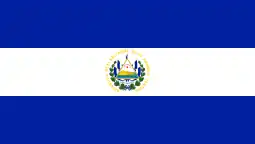 Salvadoran Supercup
Salvadoran Supercup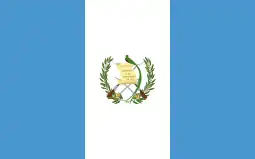 Copa Campeón de Campeones
Copa Campeón de Campeones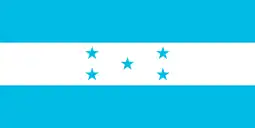 Honduran Supercup
Honduran Supercup Campeón de Campeones
Campeón de Campeones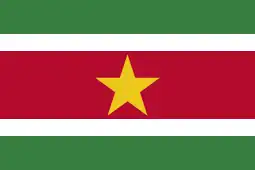 Suriname President's Cup
Suriname President's Cup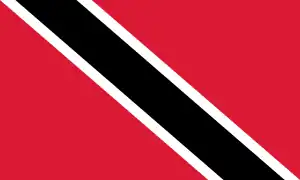 Trinidad and Tobago Charity Shield
Trinidad and Tobago Charity Shield
CONMEBOL
UEFA
 Albanian Supercup
Albanian Supercup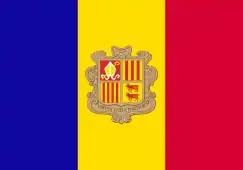 Andorran Supercup
Andorran Supercup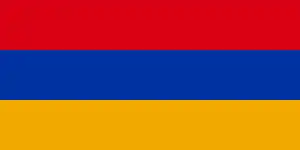 Armenian Supercup
Armenian Supercup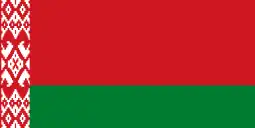 Belarusian Super Cup
Belarusian Super Cup.svg.png.webp) Belgian Supercup
Belgian Supercup Bulgarian Supercup
Bulgarian Supercup Croatian Supercup
Croatian Supercup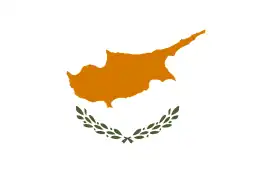 Cypriot Super Cup
Cypriot Super Cup FA Community Shield (formerly the Charity Shield)
FA Community Shield (formerly the Charity Shield) Estonian SuperCup
Estonian SuperCup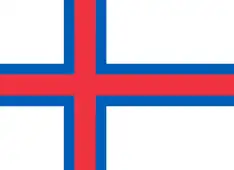 Faroe Islands Super Cup
Faroe Islands Super Cup Trophée des Champions
Trophée des Champions Georgian Super Cup
Georgian Super Cup DFL-Supercup
DFL-Supercup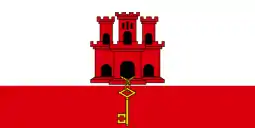 Pepe Reyes Cup
Pepe Reyes Cup Icelandic Super Cup
Icelandic Super Cup Israel Super Cup
Israel Super Cup Supercoppa Italiana
Supercoppa Italiana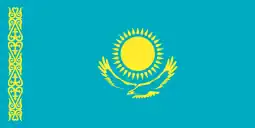 Kazakhstan Super Cup
Kazakhstan Super Cup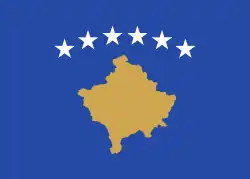 Kosovar Supercup
Kosovar Supercup Lithuanian Supercup
Lithuanian Supercup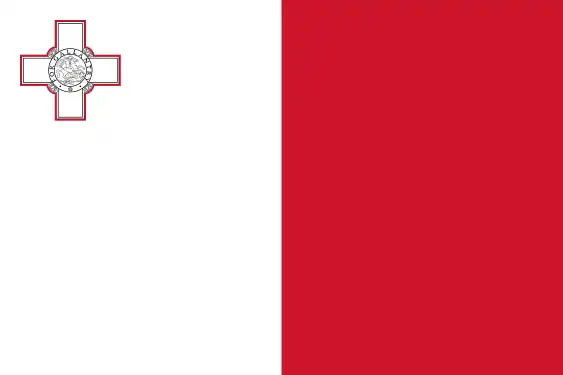 Maltese Super Cup
Maltese Super Cup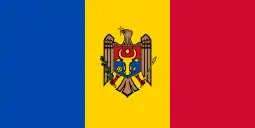 Moldovan Super Cup
Moldovan Super Cup Johan Cruyff Shield
Johan Cruyff Shield Mesterfinalen
Mesterfinalen.svg.png.webp) NIFL Charity Shield
NIFL Charity Shield Polish SuperCup
Polish SuperCup Supertaça Cândido de Oliveira
Supertaça Cândido de Oliveira President's Cup
President's Cup Romanian Super Cup
Romanian Super Cup Russian Super Cup
Russian Super Cup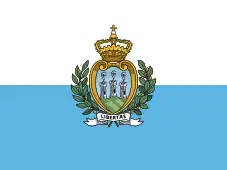 Super Coppa Sammarinese
Super Coppa Sammarinese Supercopa de España
Supercopa de España Turkish Super Cup
Turkish Super Cup Ukrainian Super Cup
Ukrainian Super Cup
Defunct super cups
 Trofeo de Campeones
Trofeo de Campeones Austrian Supercup
Austrian Supercup Azerbaijan Supercup
Azerbaijan Supercup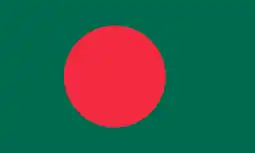 Bangladesh Super Cup
Bangladesh Super Cup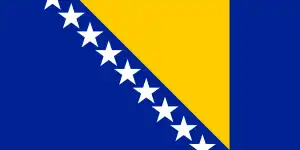 Supercup of Bosnia and Herzegovina
Supercup of Bosnia and Herzegovina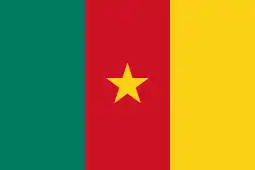 Super Coupe Roger Milla
Super Coupe Roger Milla Czech Supercup
Czech Supercup Danish Supercup
Danish Supercup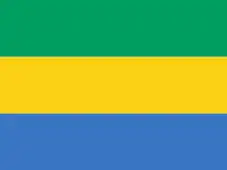 Supercoupe du Gabon
Supercoupe du Gabon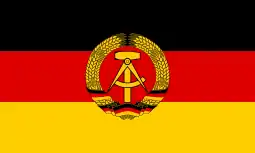 DFV-Supercup
DFV-Supercup Greek Super Cup
Greek Super Cup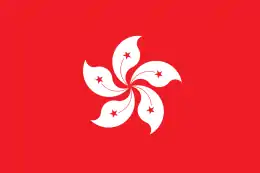 Hong Kong Community Cup
Hong Kong Community Cup Szuperkupa
Szuperkupa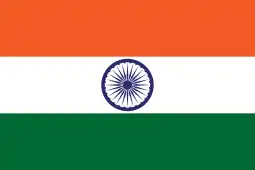 Indian Super Cup
Indian Super Cup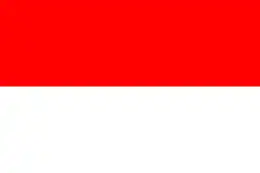 Indonesian Community Shield
Indonesian Community Shield Latvian Supercup
Latvian Supercup Supercopa MX
Supercopa MX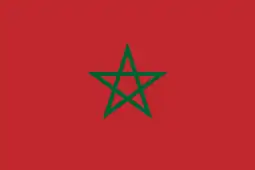 Moroccan Super Cup
Moroccan Super Cup.svg.png.webp) Top Four Cup
Top Four Cup Macedonian Super Cup
Macedonian Super Cup Copa Federación
Copa Federación Slovak Super Cup
Slovak Super Cup Slovenian Supercup
Slovenian Supercup Korean Super Cup
Korean Super Cup.svg.png.webp) Swiss Super Cup
Swiss Super Cup Supercupen
Supercupen Thai Super Cup (Top 4 places in last season, 2009 only)
Thai Super Cup (Top 4 places in last season, 2009 only) Kor Royal Cup
Kor Royal Cup Sheriff of London Charity Shield
Sheriff of London Charity Shield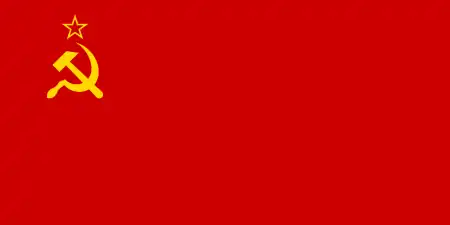 Soviet Super Cup (also known as the Season's Cup)
Soviet Super Cup (also known as the Season's Cup).svg.png.webp) Yugoslav Super Cup
Yugoslav Super Cup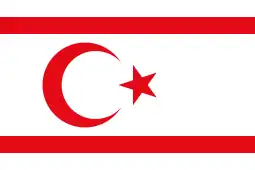 Northern Cypriot Super Cup
Northern Cypriot Super Cup
Cross-border super cups

 Czechoslovak Supercup (cup winners)
Czechoslovak Supercup (cup winners)
.svg.png.webp) Champions Cup (league champions)
Champions Cup (league champions)

.svg.png.webp) Campeones Cup (league champions)
Campeones Cup (league champions)
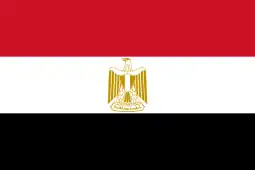 Saudi-Egyptian Super Cup (league champions vs. cup champions)
Saudi-Egyptian Super Cup (league champions vs. cup champions)
Continental super cups
Some continental football federations also have their own super cups:
 AFC: Asian Super Cup (defunct)
AFC: Asian Super Cup (defunct) CAF: CAF Super Cup
CAF: CAF Super Cup CONMEBOL: Recopa Sudamericana
CONMEBOL: Recopa Sudamericana UEFA: UEFA Super Cup
UEFA: UEFA Super Cup
Intercontinental super cups
Most of the continental football confederations have jointly held a competition pitting their champions against each other:

 CONMEBOL & UEFA: Intercontinental Cup (defunct)
CONMEBOL & UEFA: Intercontinental Cup (defunct)
 CONCACAF & CONMEBOL: Copa Interamericana (defunct)
CONCACAF & CONMEBOL: Copa Interamericana (defunct)
 AFC & CAF: Afro-Asian Club Championship (defunct)
AFC & CAF: Afro-Asian Club Championship (defunct)
All of these competitions are now defunct and have been succeeded by the FIFA Club World Cup, which features the champions of all of the confederations, plus the champion of the host country. In 2017, FIFA retroactively recognised the winners of the European/South American Cup as world champions.[1]
A similar tournament was held at international level, the FIFA Confederations Cup. It was initially held on a biennial basis, every odd year, from 1993 until 2005 when it became quadrennial, the year before a World Cup in its host country. It featured the six continental champions, the World Cup winners and the host. The 2017 FIFA Confederations Cup was the 10th and last Confederations Cup before FIFA abolished it for an expanded Club World Cup. CONMEBOL and UEFA relaunched the CONMEBOL-UEFA Cup of Champions in 2020, previously held as the European/South American Nations Cup in 1985 and 1993, to be contested between the champions of both confederations.
Other tournaments like this have been held, including the Intercontinental Champions' Supercup (contested by the past winners of the Intercontinental Cup), Supercopa Euroamericana (pitting the Copa Sudamericana and UEFA Europa League winners), Suruga Bank Championship (pitting the Copa Sudamericana and J.League Cup winners), the Copa de Oro (pitting all the most recent CONMEBOL competition winners), and the Copa Iberoamericana (pitting the Copa de Oro and Copa del Rey winners.
Basketball
National Supercups
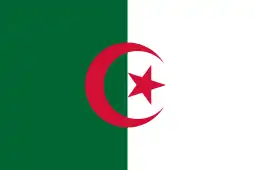 Algeria Basketball Supercup
Algeria Basketball Supercup Austrian Supercup
Austrian Supercup.svg.png.webp) Belgian Supercup
Belgian Supercup Dutch Supercup
Dutch Supercup French Match des Champions
French Match des Champions German BBL Champions Cup
German BBL Champions Cup Greek Super Cup
Greek Super Cup Israeli Supercup
Israeli Supercup Italian Supercup
Italian Supercup Jordan Basketball Supercup
Jordan Basketball Supercup Polish Supercup
Polish Supercup Portuguese SuperCup
Portuguese SuperCup Romanian Supercup
Romanian Supercup Slovenian Supercup
Slovenian Supercup Spanish Supercup
Spanish Supercup Turkish Presidential Cup
Turkish Presidential Cup
Continental level
- FIBA Europe SuperCup Women: contested between the winners of EuroLeague Women and EuroCup Women.
Water polo
National super cups
 Supercopa de España de Waterpolo: an annual men's water polo match contested between the winners of División de Honor de Waterpolo and Copa del Rey de Waterpolo.
Supercopa de España de Waterpolo: an annual men's water polo match contested between the winners of División de Honor de Waterpolo and Copa del Rey de Waterpolo. Supercopa de España de Waterpolo Femenino: an annual women's water polo match contested between the winners of División de Honor Femenina de Waterpolo and Copa de la Reina de Waterpolo.
Supercopa de España de Waterpolo Femenino: an annual women's water polo match contested between the winners of División de Honor Femenina de Waterpolo and Copa de la Reina de Waterpolo.
Continental super cups
.svg.png.webp) Men's LEN Super Cup: an annual water polo match organized by LEN (European Swimming League) and contested by the reigning champions of the two European club competitions, the LEN Champions League and the LEN Euro Cup.
Men's LEN Super Cup: an annual water polo match organized by LEN (European Swimming League) and contested by the reigning champions of the two European club competitions, the LEN Champions League and the LEN Euro Cup..svg.png.webp) Women's LEN Super Cup: an annual water polo match organized by the LEN (European Swimming League) and contested by the reigning champions of the two European club competitions, the LEN Euro League and the LEN Trophy.
Women's LEN Super Cup: an annual water polo match organized by the LEN (European Swimming League) and contested by the reigning champions of the two European club competitions, the LEN Euro League and the LEN Trophy.
Motorsports
- The ADAC Supercup, commonly known as Supercup; a German sportscar racing series held between 1985 and 1989.
- Ginetta GT Supercup, a British 2-class 1-make sports car racing series
- Porsche Supercup, an international one-make racing series for Porsche 911 Carreras
Other sports
- IIHF Super Cup, a defunct ice hockey competition.
- The Super Powers Cup was an annual international rugby union competition contested by national teams from Canada, Japan, Russia and United States. In 2005, its name was changed to the Super Cup.
References
- "FIFA Council approves key organisational elements of the FIFA World Cup" (Press release). FIFA. 27 October 2017. Archived from the original on October 27, 2017. Retrieved 27 October 2017.